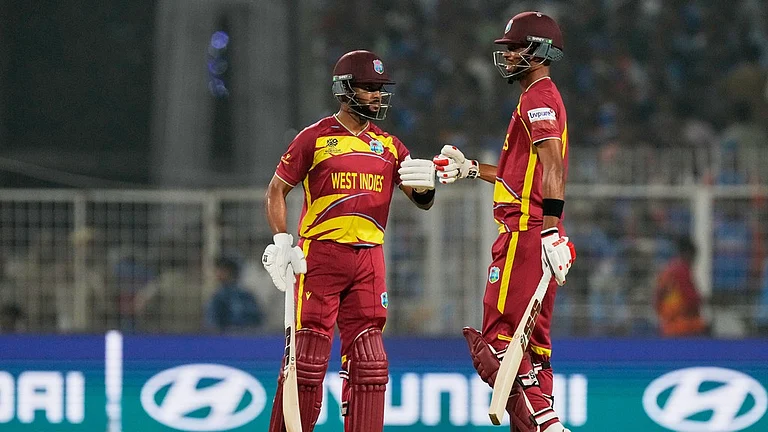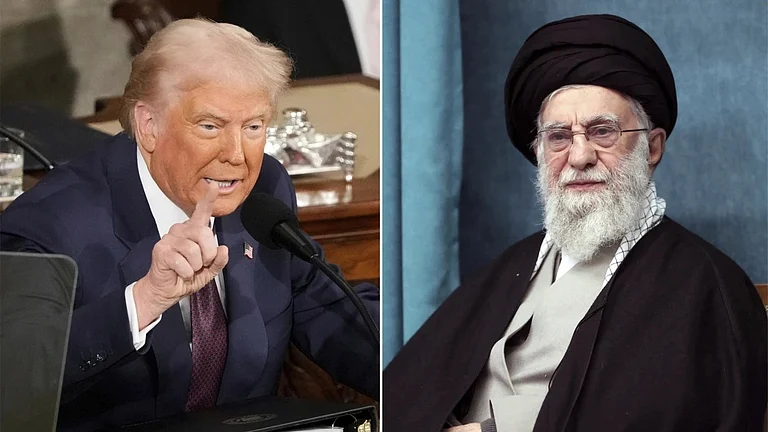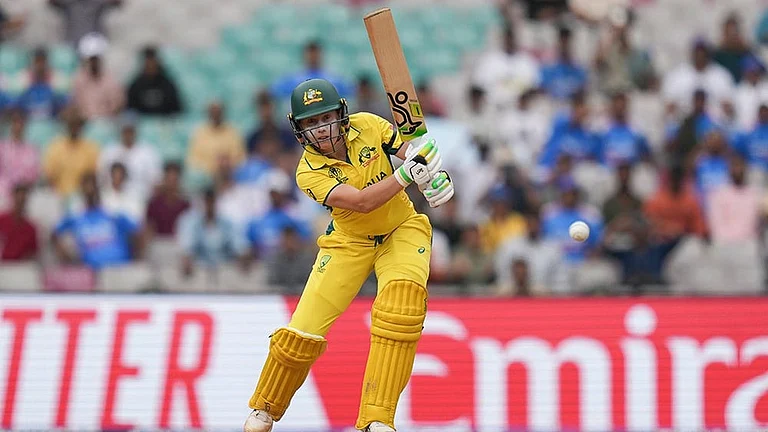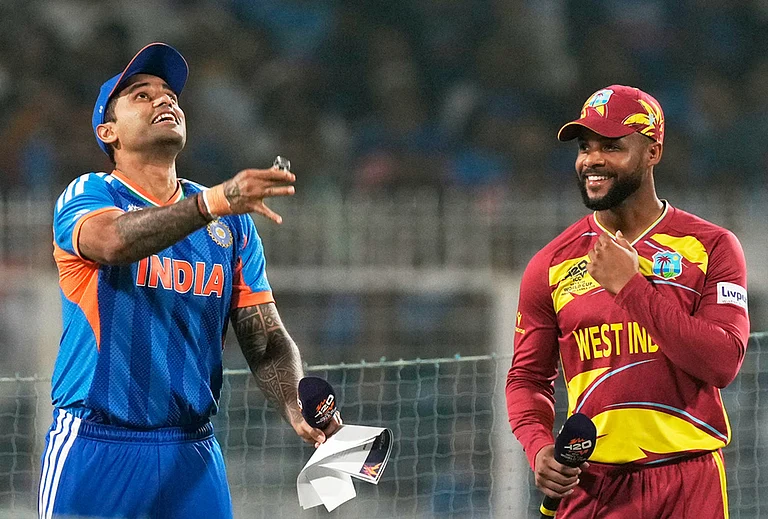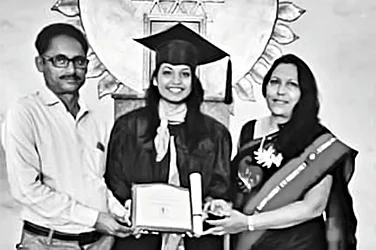A rose by any other name would smell as sweet.
—William Shakespeare
Likewise, a roshogolla, call it what you will, would taste as sweet. And so it would, had the delectable dessert, a moonlike orb of smooth, spongy cottage cheese, dipped and cooked in sugar syrup, had emerged out of just any kitchen. Yet, of late, it has been mercilessly squeezed between two states, Odisha and West Bengal, who are engaged in a bitter battle over ownership rights over India’s favourite sweet, each claiming its origins. And if a jubilant Bengal thought they had the last juicy bite of the stuff last year, a new development should sober the celebration.
The legal duel started in 2015, when both states applied for a Geographical Identification certification, which grants trademark rights to specific regions, cultures, communities or societies as inventors of certain products or foods, with the primary objective of preventing fraud or adulteration. But the GI status has its unique cachet, imbued as it is with legacy, heredity, honour and pride. The legal patent, moreover, grants revenue advantages to the holder.
The move for GI certification was reportedly triggered, then intensified, after officials and cabinet ministers of Bengal and Odisha brought the age-old fight—the tussle over competing origins is their own hundred years’ war--to the fore by public declarations of ownership. In 2015, Odisha minister Pradip K. Panigrahi reportedly remarked that committees set up by the state to probe the history of roshogolla (or rasgulla, as the rest of India calls it) conclusively proved that it originated in Odisha. Seeing its neighbour’s move as an attempt to usurp what it traditionally, if unofficially, considered its own, Bengal retaliated in a trice, putting its weight behind the house of K.C. Das, which has long been considered the inventors of the quintessential Bengali favourite. “We had historical documents to establish that my ancestor, Nabin Chandra Das, created the roshogolla,” Dhiman Das, present director of the sweets company tells Outlook. “And Mamata Banerjee’s government gave me the support I needed in fighting claims to the contrary.”
Legend has it that Das, unsuccessful in selling traditional sweets, closed down his shop in 1864. Two years later, he started another venture in north Calcutta and experimented with recipes and perfected the smooth, round, soft sweet that is the modern roshogolla. Other stories, both in Bengal and in Odisha, revolve around roshogolla, or rugula, as it is also called.
Since Nabin Chandra Das realised an ideal version of this sweetest of desserts in the late 19th century, Bengali ‘moiras’ (sweet-makers) went on to experiment with hundreds of forms—from the ‘gurer’ roshogolla (where molasses replace sugar), a ‘chocolate-flavoured’ one, to its celebrated ‘baked’ avatar. When roshogollas started being sold in cans in the ’30s as an exportable commodity, its renown spread to the West—a conquest as satisfying as that burst of syrup in salivating mouths.
When, after a two-year-long legal tussle, Bengal won the GI rights in November 2017, it claimed, amidst chest-thumping celebrations, that it was just deserts for Odisha’s audacious claim. Abdul Rezzak Molla, Bengal food technology minister tells Outlook, “It is well-known that roshogolla is a Bengali sweet and we would fight tooth and nail to protect this legacy.” Indeed, while still on the topic of tooth, he pointed out that even Rabindranath Tagore had a sweet tooth and used to procure roshogollas from K.C. Das.
But Bengali triumphalism over last November’s ruling didn’t take into account the truth that the same decision was bitterly unpalatable for Odisha. Last month, another can of roshogollas was yanked open when Regional Development Trust chairperson Ramesh Chandra Sahoo filed a PIL, demanding a rectification or removal of the roshogolla GI certification accorded to Bengal. Subsequently, the headquarters of the Geographical Indication Registry in Chennai has sent a notice to Bengal to respond why the recognition of ‘Banglar roshogolla’ should not be withdrawn.
Authorities here say that though the situation is somewhat (appropriately) sticky, Odisha’s claims are but sweet nothings. “The roshogolla was Bengal’s, is Bengal’s and will remain Bengal’s,” Molla reiterates. That’s a mouthful for a sweet revenge.
By Dola Mitra in Calcutta







